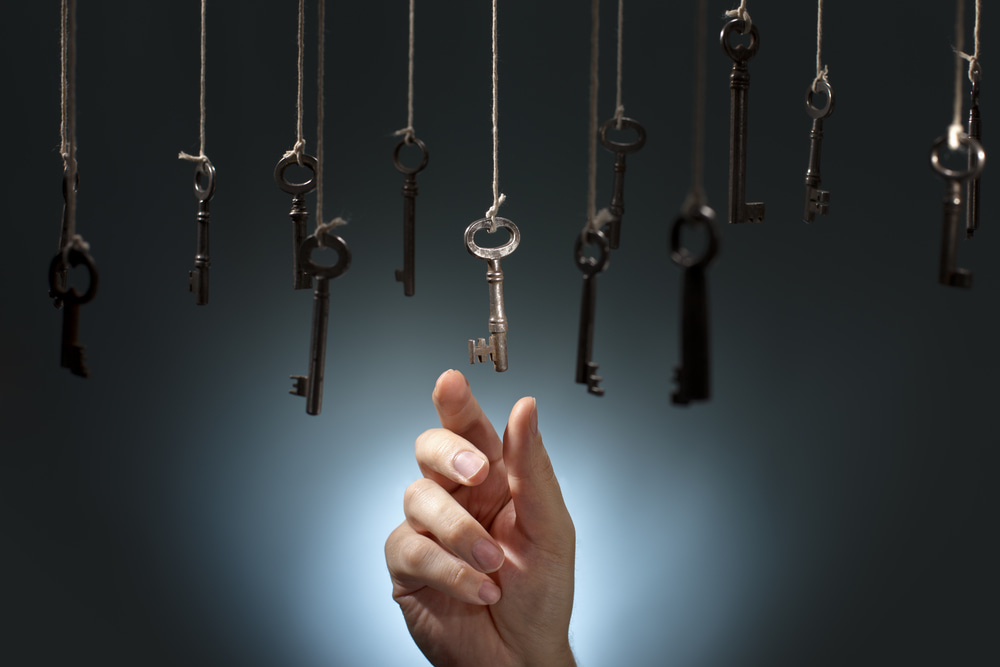Life doesn’t stand still. Instead, it’s a constant flow of shifting circumstances. We need to be able to pivot in these different conditions in order to make the most out of them and lead a more fulfilling life. This is why change is a vital part of our existence.
Relationships, like all other facets of life, undergo changes and fluctuations. As the people in it grow, it is natural for their bond to take different forms too. This is often necessary and healthy, building intimacy in a relationship and leading to a deeper mutual understanding.
However, change can also sometimes generate friction in a relationship. Partners may experience misalignment if one of them makes progress and the other one doesn’t keep up. Wanting your partner to change could also cause problems if they don’t share your view, feel pressured, and judged.
Read on to learn what impact change can have on a relationship, how to cope with these effects, and help your relationship thrive.
Is Changing In A Relationship Bad?
Unhealthy relationships may stifle personal growth and make you feel stuck. A healthy bond is stable, yet not static. It encourages the partners’ development both independently and as a couple. Individuals who are aligned will aid each other’s progress and stimulate improvement without holding one another back.
If an individual’s growth is welcomed and supported by their partner, this will further empower them both and strengthen their relationship. For example, someone may have a health condition that requires them to adopt lifestyle changes, like quitting smoking and drinking. If their partner is supportive and willing to take part, this may help the person sustain these positive changes. Additionally, this could be a catalyst for the other person to break their own unhealthy habits.
On the other hand, an individual could be experiencing change that’s challenging for their partner to handle. For example, they could get a new job and start working longer hours, causing the other person to feel lonely and neglected. Some changes could take a toll on your relationship even if you’re going through them together. For example, new parents are often so engrossed in the whirlwind of life with a newborn that their intimacy suffers. These issues can be effectively worked on in emotional intimacy coaching sessions.
Can You Change A Person In A Relationship?

Some people spend years stuck in an unfulfilling relationship hoping that their partner will change. For example, they may want the other person to be more proactive, more affectionate, or more involved in child rearing. It’s not uncommon for people to believe that the other person will change after settling into a committed relationship. This typically leads to failed expectations and bitter disappointment.
A person may even decide to take full responsibility for their partner’s change. For example, some convince themselves that they can love their partner into overcoming addiction or serious mental health issues. This is a huge burden to shoulder, which isn’t fair to you, and a largely ineffective strategy that rarely produces desired results.
While you can support your partner through change, you can’t force or parent them into it. The willingness to change has to come from within, not from external pressures or coaxing. This isn’t to say that you have to tolerate your partner’s hurtful actions. You can openly and respectfully discuss what bothers you and decide together on the steps to save your relationship. Relationship coaching can help you understand each other more profoundly and teach you how to communicate without blaming or judging each other.
What To Do When Your Partner Wants You To Change?
Finding out that your partner wants you to change may come as a surprise. You may feel like their complaints are unfair and unfounded. If they also worded them harshly, you could be hurt and embarrassed. However, if there’s love and understanding in your relationship and you find it worth fighting for, it’s advisable to consider this:
- Understand that change is vital: Change is an integral part of life. To make their relationships work, people need to grow and adapt. This doesn’t mean losing yourself. Rather, it’s about being a part of a team.
- Try hearing them out with an open mind: People may get overwhelmed with their own feelings in the face of criticism. However, this only leads to conflict. Try listening to what your partner has to say. Sometimes this can lead to them disclosing what they are actually challenged with that can be more about them than you!
- Acknowledge their concerns: Let them know that they are being heard and that their concerns are coming through. If they’re hurting your feelings, ask them to express their request in a manner that is acceptable to you.
- Do some soul searching: Rethink your actions carefully. See if there’s something you can do to make your partner more comfortable and content without compromising your own integrity.
- Work out a plan together: Develop a plan that works for both of you. This may involve meeting halfway. For example, if they wanted you to do more housework, set up a schedule of who does what and be clear and in agreement of the expectations.
How Do You Change Your Behavior In A Relationship?

You can undergo beneficial change if you pivot from your past negative experiences and adopt healthier modes of being. People are able to achieve this through the process of relational alignment, where their rational thoughts, emotional stability, and healthy actions become congruent. If your whole being operates in unison, you are more likely to choose your actions more carefully, make better choices, and act thoughtfully. This can help you evolve as a person and have a happy relationship.
Undergo Positive Changes With Emotional Intimacy Coaching
You can learn how to operate at a higher level of consciousness and establish yourself as a “healthy adult” through the process of “Pivoting”. With our tailored approach, you can realize what your unhealthy patterns are, what their underlying cause is, and how to counteract them for a more satisfying existence.
PIVOT organizes helpful individual workshops to help you work on healing your wounds and develop more successful strategies for coping with everyday challenges. We also offer rewarding relationship coaching programs that can help partners be more in-tune with each other. Reach out to us and talk to an experienced relationship advocate. We’re here for you!

















